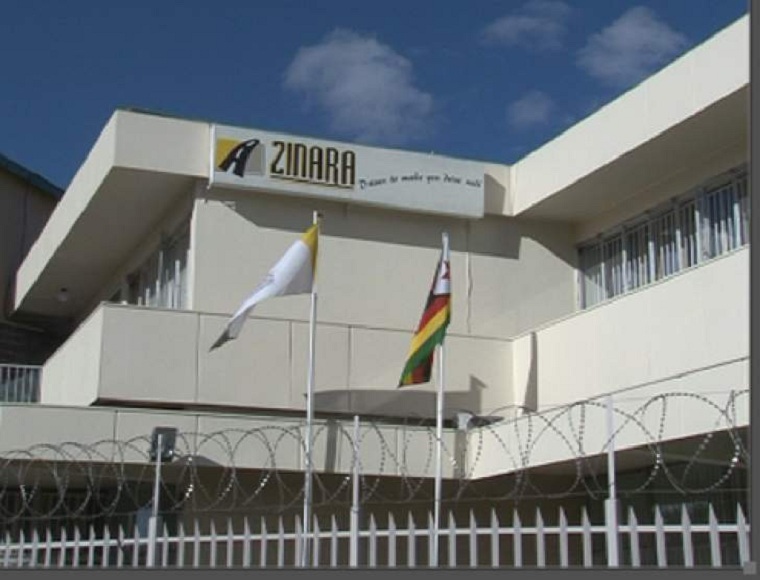57 Over and above this, board members were paid fees and allowances in respect of any activity done in the name of ZINARA. This included workshops, conferences and other functions. Apart from huge board fees, board members were the recipients of a number of unauthorised goods and payments which included the following:
58 Christmas hampers worth USD 55 700 were bought from OK MART on the 11th of December 2018 from a CBZ Account. Each Board member received hampers valued at USD 9 600. The Christmas hampers were accounted for in the records of ZINARA as expenditure for ‘office supplies’.
59 On 22 August 2014, a payment of USD $23 518 was made to Solution Centre for the purchase of Ipads for 12 board members. This purchase was not authorised by the parent Ministry.
60 At one stage on 5 September 2014 and without a reasonable explanation, a board meeting was held in Victoria Falls. Board members were asked to complete two separate allowance forms totaling fees of USD $5 140 paid to 12 board members.
61 When Infralink was formed, three board members were seconded to the Company, namely Mr. Albert Mugabe, Mr. Davison Norupiri and Engineer Jeffrey Nkomo. Without Ministerial approval a total of USD $44 167 was paid to these board members.
62 Furthermore, until 23 April 2015 when it was approved the board was operating without a Board Charter.
63 The following were also missing:
- Procedures manual;
- Human resources policy; and
- Finance Policy, Budgetary and Monitoring Process.
Weak Governance Structures
64 Governance and procurement issues were at the epicenter of ZINARA’s vulnerabilities.
65 Both audits reflect the existence of weak internal controls over cash and banking with ZINARA disbursing cash to provinces outside of its normal banking infrastructure, through employees’ personal bank accounts.
66 In addition, there was no laid down policy or procedure to cover this arrangement. The Auditor General also noted that there was no evidence of approval by the head of station on the petty cash voucher. The petty cash voucher was only signed by the accounts clerk.
67 The Road Administration was treating revenue from vehicle licencing in the period in which the cash was received. As a result, vehicle licencing amounts received in advance were being treated as revenue for the current period despite the fact that the amounts related to a future period. The vehicle licencing system was not configured to split amounts paid for the current period and payments that were made in advance.
Continued next page
(97 VIEWS)


